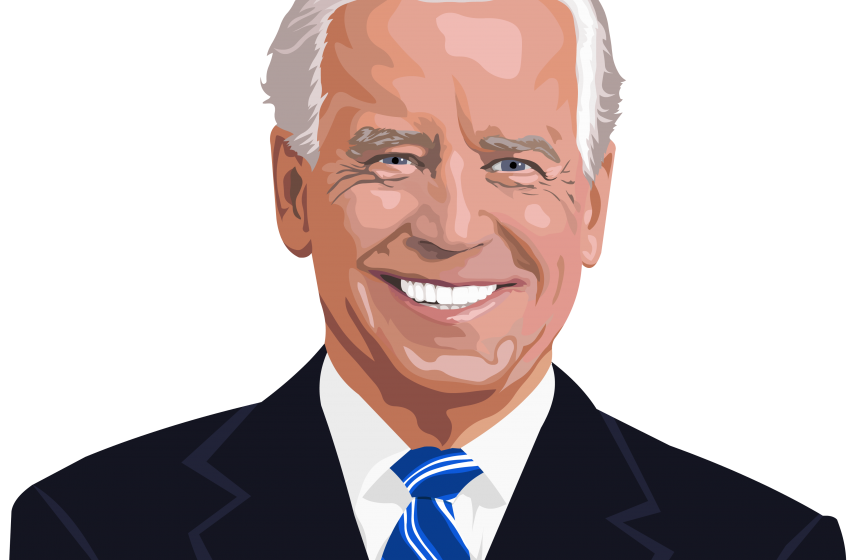Biden’s proposed gig worker rule could hurt small businesses

close video Inflation prompts increase in gig workers amid ‘good’ job market: expert
Americans are relying on job side hustles to make ends meet as the job market is “ostensibly good,” according to Bankrate.com senior analyst Ted Rossman.
The Biden administration has proposed a new rule that could re-classify millions of gig workers as employees, a move that could deal a significant blow to small businesses across the country.
The Labor Department on Tuesday unveiled a new proposal that would make it more difficult for companies to classify their workers as independent contractors — a change that could have major consequences for ride-hailing, delivery and other industries that depend heavily on gig workers.
Companies are required to provide certain benefits and legal protections to employees but not contractors, making employment of those types of workers more expensive. That includes minimum wage, overtime, Social Security and Medicare payroll taxes, unemployment insurance and workers' compensation insurance.
In determining whether a worker qualifies as an independent contractor or not, the Labor Department said it would take into consideration the worker's "opportunity for profit or loss, investment, permanency, the degree of control by the employer over the worker, (and) whether the work is an integral part of the employer’s business," among other factors.
INFLATION NOW CAUSING FINANCIAL PAIN FOR MOST AMERICANS, SURVEY SHOWS
A sign outside a store on March 21, 2021, in New York City. (Noam Galai/Getty Images / Getty Images)
The final rule is expected to come next year.
While the proposal could give millions of workers employee status, it could also have potentially catastrophic consequences for small businesses already struggling with the hottest inflation in four decades and a persistent labor shortage.
"This is a rule that's only going to make it more challenging for small businesses to operate in today’s already difficult economy," Beth Milito, executive director of the National Federal of Independent Business' legal center, told FOX Business.
AMERICANS' INFLATION EXPECTATIONS DROPPED AGAIN IN SEPTEMBER, NEW YORK FED SAYS
Businesses say their operating costs could surge if they are required to classify gig workers as employees, and as a result, employers could be forced to cut payroll or freeze hiring in order to keep their bottom line strong. They have also noted that some employees like the flexibility that gig work provides, including the option to work for different companies if they choose to do so.
President Joe Biden delivers remarks before signing the Inflation Reduction Act into law at the White House on Aug. 16, 2022. (Demetrius Freeman/The Washington Post via Getty Images / Getty Images)
Milito noted the new rule comes as businesses are already grappling with a labor shortage that has forced them to raise wages exponentially as they compete with other companies for a limited pool of workers. According to recent Labor Department data, there are still roughly 1.7 jobs available for every person looking for one.
"It’s just all not good for small businesses," she said. "It's more expensive and a lot more uncertainty. … This rule is only going to make it more challenging for businesses to get the help they need to run their business."Ticker Security Last Change Change % UBER UBER TECHNOLOGIES INC. 24.66 -2.87 -10.42%LYFT LYFT INC. 11.27 -1.54 -12.02%
Gig companies like Uber and Lyft have spoken out about the proposed change and warned that having to treat their drivers like employees could force them to modify their business practices. Some estimates show that the ride-sharing companies save up to 20% to 30% on labor costs by classifying their employees as independent contractors rather than employees.
Johan Nijman, a for-hire driver who runs his own service and also drives for Uber on the side, drives through New York City on Aug. 8, 2018. (Drew Angerer/Getty Images / Getty Images)
On Tuesday, the acting head of the Labor Department's Wage and Hour Division told reporters that the rule is unlikely to result in large worker classification changes.
GET FOX BUSINESS ON THE GO BY CLICKING HERE
"What we anticipate is that this will really help provide guidance to both avoid and prevent misclassification," Jessica Looman said during a press call, according to Bloomberg News. "But this is a framework that has been used and has been well recognized and understood."









